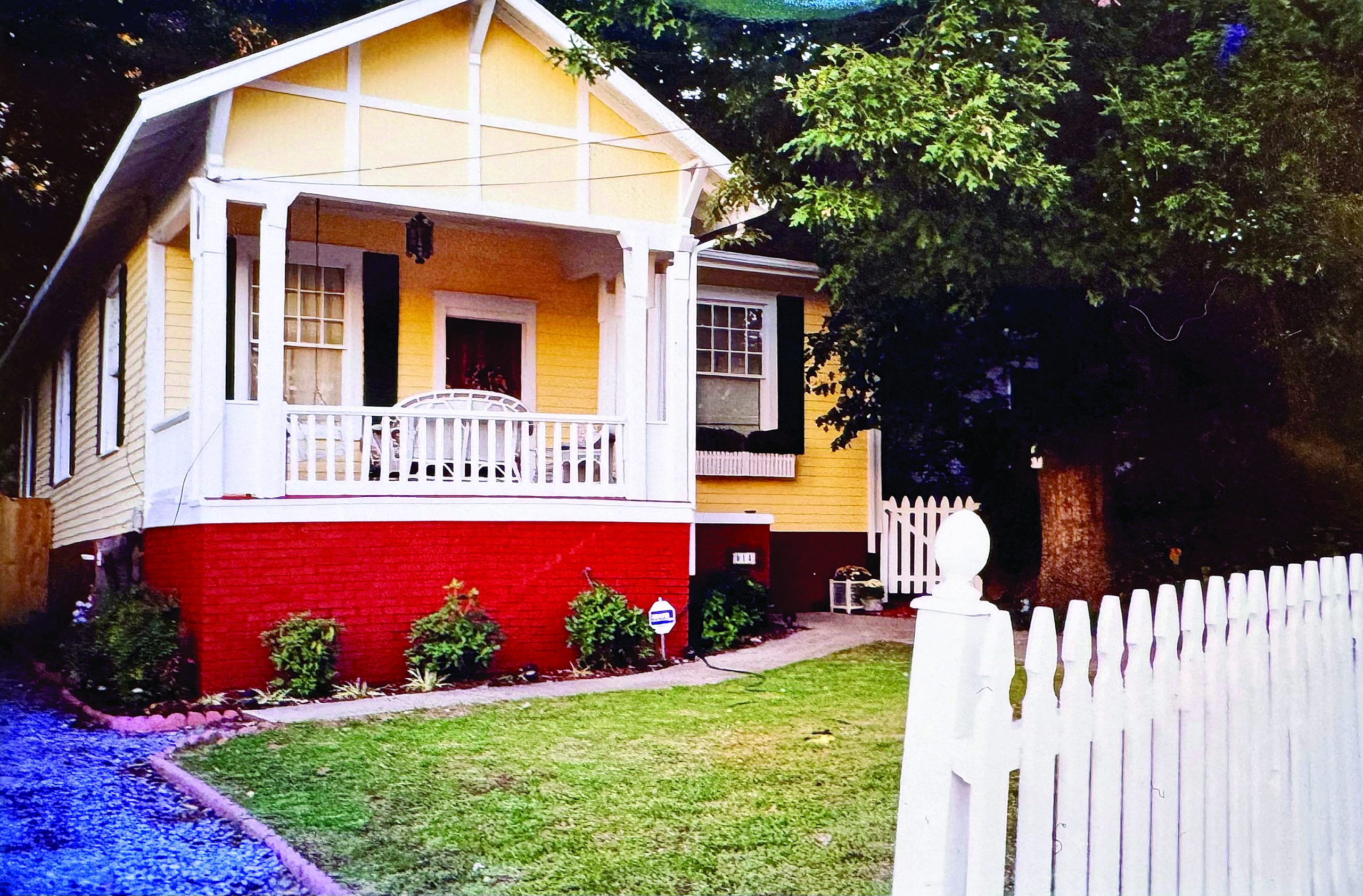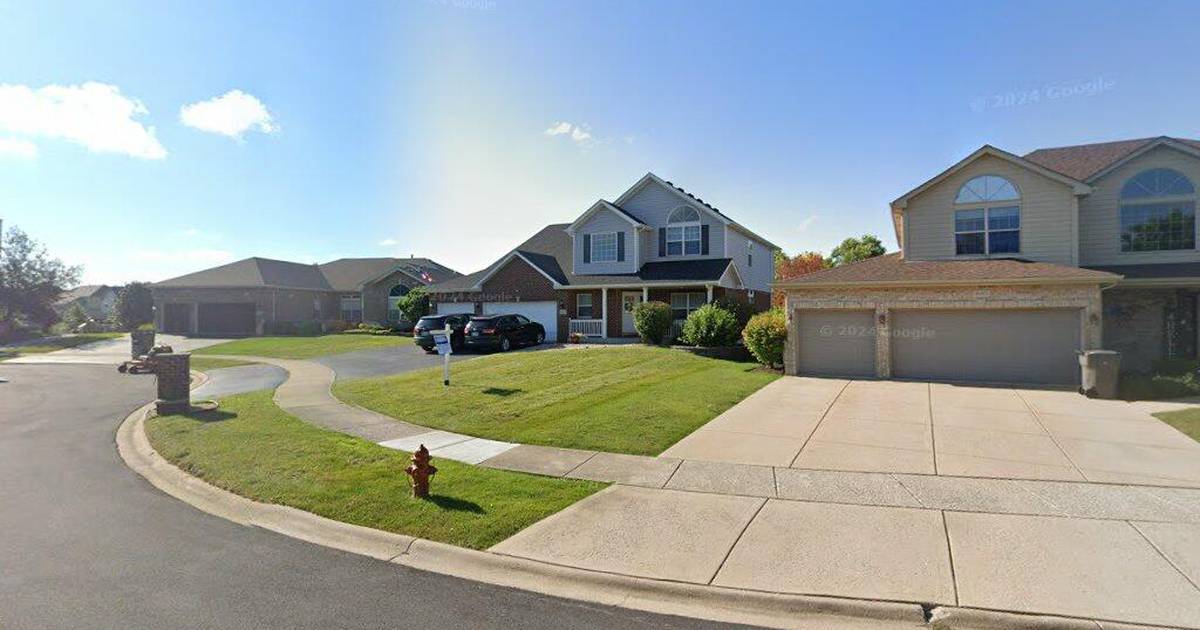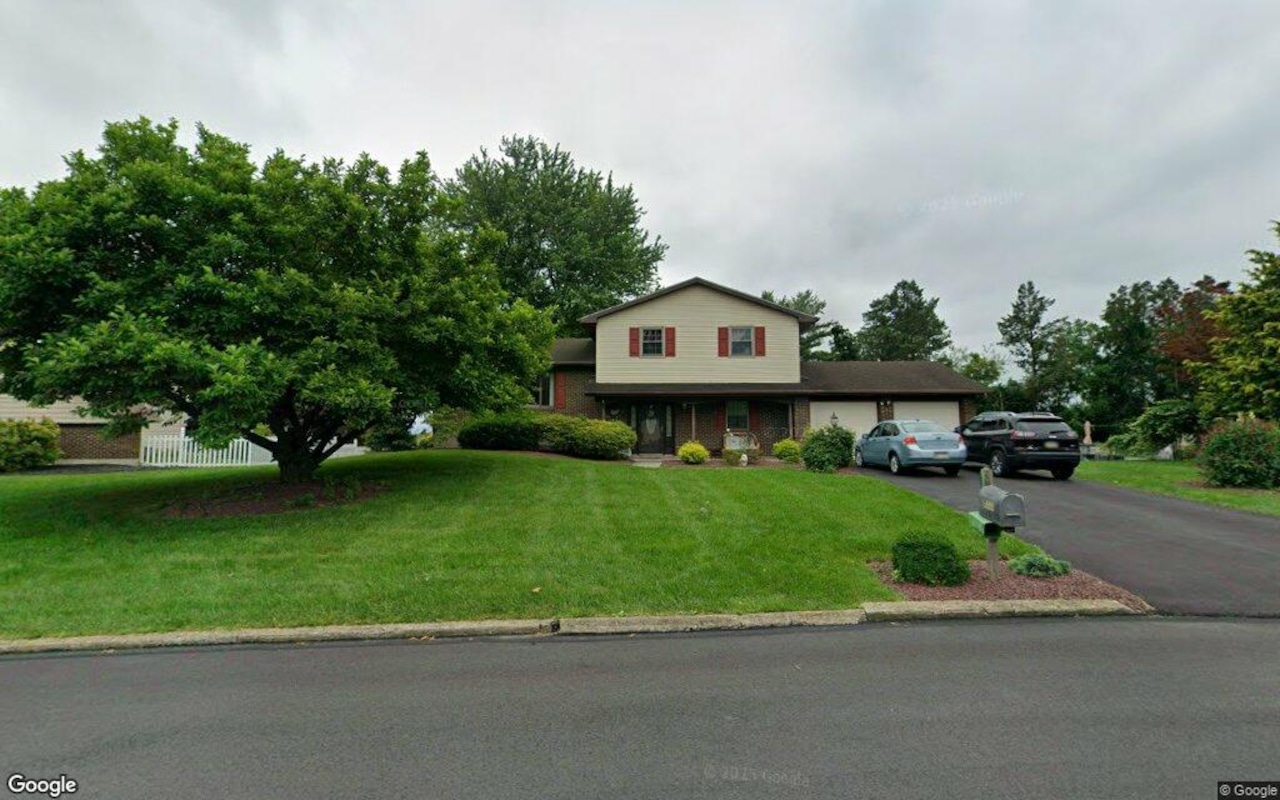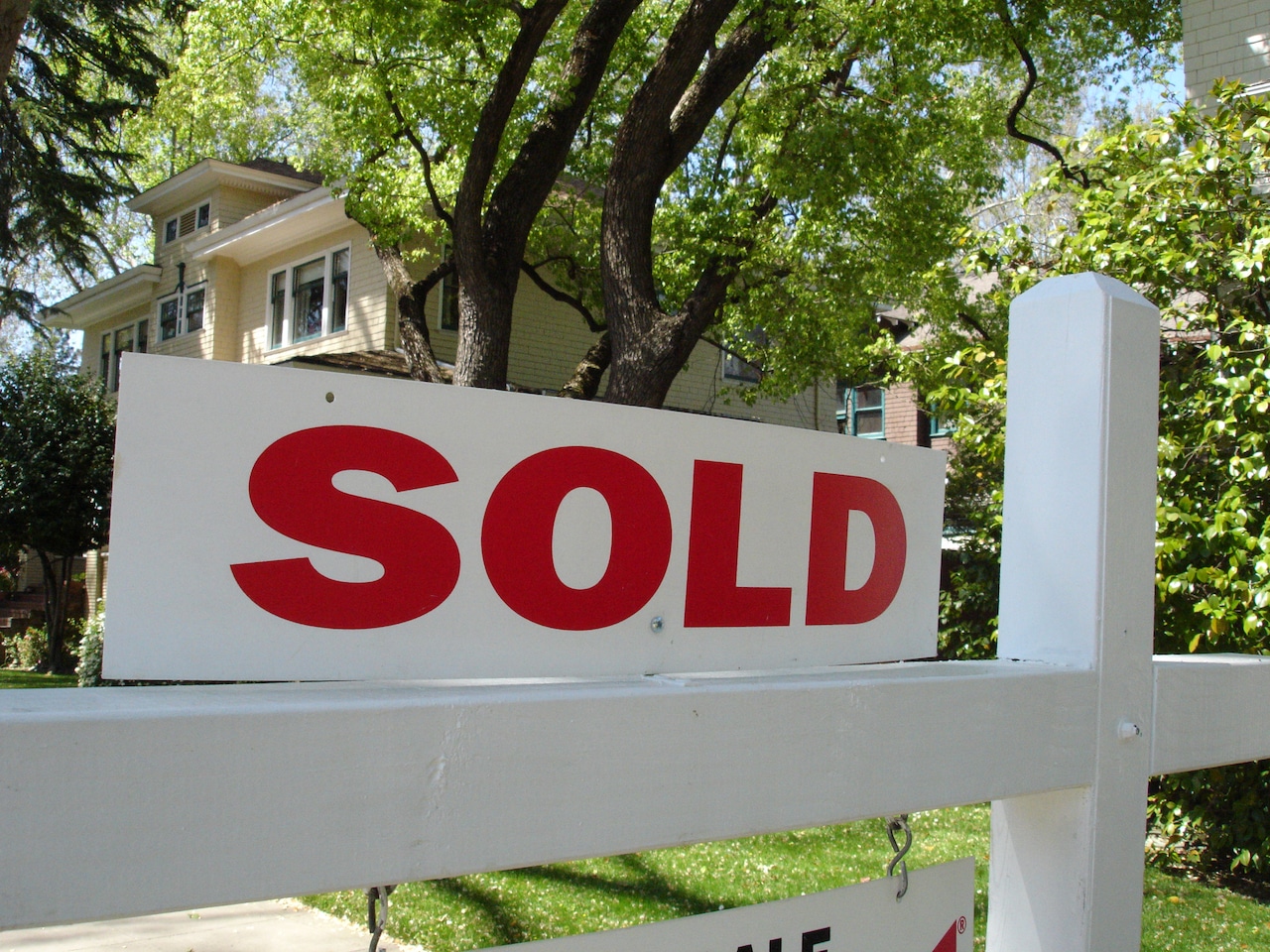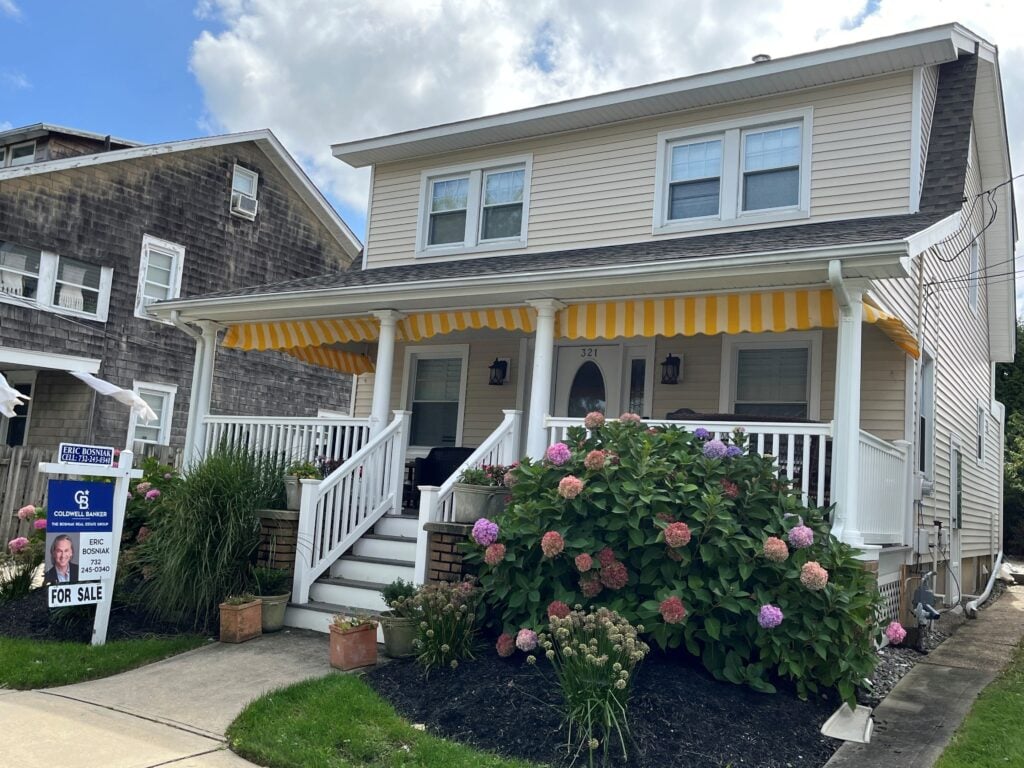I
n the past three decades, Intown housing has experienced significant growth in popularity and price. By 2000, the average home price in Georgia had jumped from $70,700 to $111,200, according to Demographia/Wendell Cox Consultancy. Today, Zillow reports that the average value of a home in Georgia is $328,526.
The 1996 Olympics played a pivotal role in shaping Atlanta's real estate market. The global event brought in approximately $5 billion and generated an estimated $176 million in additional revenue for the state. Valerie Levin, Senior Vice President at Berkshire Hathaway HomeServices, notes that the Olympics put Atlanta on the map as a global destination, attracting people from all over the world who saw its potential.
As more residents flocked to Atlanta, they began looking into Intown neighborhoods such as the Old Fourth Ward, Westside, and Summerhill. These areas have undergone a revival, with Levin describing them as "wonderful neighborhoods thriving with families." Harvin Greene attributes Ponce City Market's transformative impact on the east side of town and credits Westside Provisions District and Georgia Tech with the growth of the Westside.
The Great Recession in 2008 had a significant impact on Intown, but it also presented opportunities for reinvention. Levin notes that while new construction was hit hard, Atlanta's job growth and high population increase helped the city fare better than most. Since then, job growth has been solid, leading to a demand in housing.
The Beltline, 22 miles of trails tying together Atlanta neighborhoods, has had a profound impact on Intown real estate. Ken Covers, Agent at Engel & Volkers Atlanta, says it brought an activity and lifestyle to the public, creating new types of housing opportunities like townhomes and condos. Levin notes that home prices near the Beltline have risen faster than in other areas, contributing to "green gentrification," but also acknowledges efforts to alleviate this issue through affordable housing initiatives.
In recent years, technology has revolutionized real estate marketing, allowing agents to reach buyers directly and market homes through social media. Covers emphasizes that Atlanta offers a unique blend of urban living and suburban amenities, making it an attractive destination for homebuyers. Levin predicts a vibrant housing market in 2025, with Atlanta continuing to lead the country as a sought-after city to live in.
